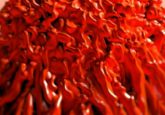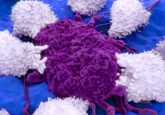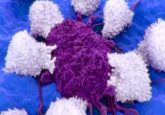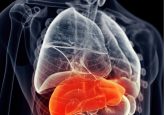ASH15: Phase I study hints at role for natural killer cells in multiple myeloma treatment
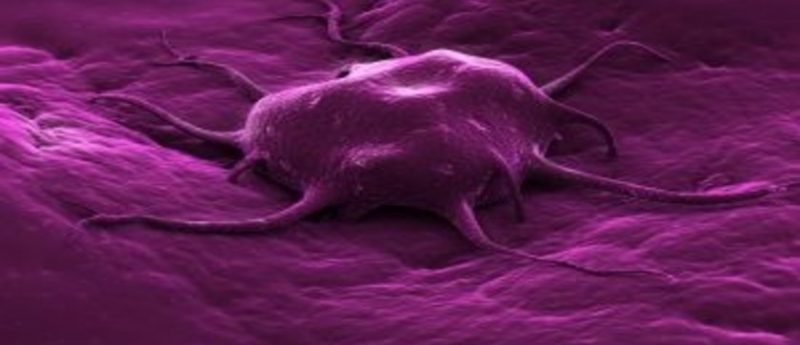
Details of a first-in-human study of a combined therapy for the treatment of multiple myeloma consisting of expanded cord blood-derived natural killer (NK) cells, stem cell transplantation and high-dose chemotherapy were presented this week at the 57th Annual Meeting of the American Society of Hematology (5–8 December, 2015, FL, USA). The results suggest that the addition of NK cells resulted in fewer side effects compared with current treatments.
“Multiple myeloma is an incurable disease thought to be characterized by immune dysregulation and exhaustion, whereby proliferation of malignant plasma cells is not checked by the immune system,” commented investigator Nina Shah of The University of Texas MD Anderson Cancer Center (TX, USA). “Long-term remissions in some patients after stem cell transplants from donors have been observed, but treatment-related toxicity limits the widespread use of this therapy.”
Shah developed the technology required to expand NK cells from cord blood alongside colleague Elizabeth J Shpall, also of MD Anderson. For this study, they enrolled 12 symptomatic multiple myeloma patients who were eligible for treatment with high-dose chemotherapy and stem cell transplant. Ten of these individuals had demonstrated high-risk disease or relapse in disease prior to study participation.
The 12 individuals who took part in the study were stratified into four groups and each group received differing doses of these cord blood-derived NK cells.
“Successful natural killer cell expansion to target dose was achieved in all the patients,” continued Shah. “The cell therapy infusion resulted in no toxicity and no occurrences of graft-versus-host disease.”
